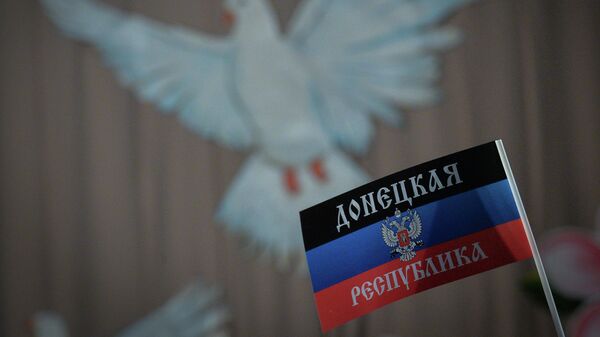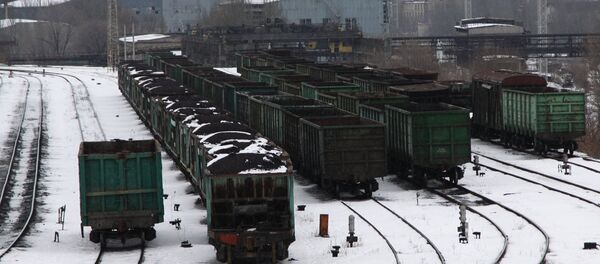"The work of the 'Normandy format,' so to say, is a stimulating line, supposed to prompt the Minsk Contact Group. The final decisions can be made only within the framework of the Minsk group, where Donetsk an Lugansk would be presented," Karasin told reporters.
He noted that a package of measures, adopted by the Normandy Four, and the representatives of the DPR and LPR in February 2015, was the only document that the international society had been trying to implement.
"We would like Kiev's position to be more precise and clear. Unfortunately, we can see nothing but the vague discourse and attempts of our partners in Kiev to 'dissolve' one format in another. This is the main problem," Karasin said.
In 2014, Ukrainian authorities launched a special military operation in the country’s southeastern region, after local residents refused to recognize the new authorities in Kiev, which took the power as a result of what many considered as a coup. In 2015, the two sides reached a ceasefire deal in Minsk, which was brokered by the leaders of the Normandy Four.
The Trilateral Contact Group on Ukraine is a group of representatives from Ukraine, Russia, and the Organization for Security and Co-operation in Europe (OSCE) that has been formed as a means to facilitate a diplomatic resolution to the ongoing conflict in eastern Ukraine. DPR and LPR representatives cooperate with the Trilateral Contact Group, proposing their approaches and giving their opinion on the issue.



